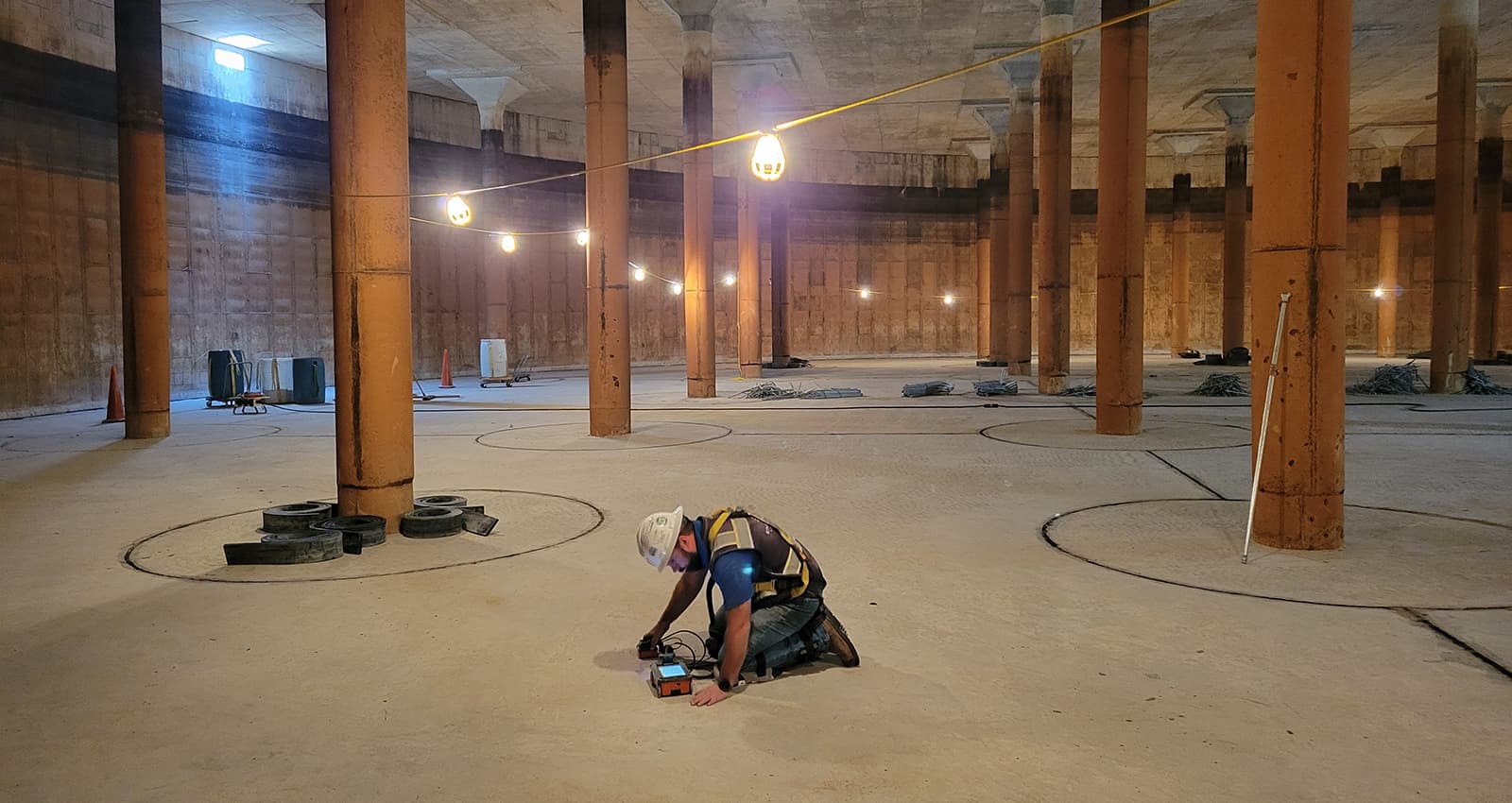
Ground penetrating radar (GPR) scanning services are not services that you need every day, but when you do, it’s important to find a company that is skilled and knowledgeable, and has the tools needed to deliver accurate results. This article will provide you with the basics so you know what GPR scanning is and how to find quality service if and when you need it.
What Is GPR Scanning?
First of all, let’s talk about what GPR scanning actually is. Ground penetrating radar is a non-destructive method of discovering the unseen—whether it’s below the ground’s surface or embedded in concrete. GPR uses radio signals, which bounce off of any anomalies it encounters and sends a reading to the GPR technician. The technician then interprets the reading to determine what is located beneath the surface.
Who Needs GPR Scanning Services?
GPR scanning services are used by everyone from everyday homeowners to contractors to commercial property owners and facility managers. Anytime someone wants to discover what is buried beneath the ground without digging or excavating, or see inside something like a concrete slab or cinder block wall, GPR can be useful.
A common use of GPR is to locate buried utilities, such as electrical lines, sewer lines, water lines, septic systems, and more. It is important to locate such things prior to any sort of excavation. Even a project as simple as digging for new fence posts could require a GPR scan to avoid hitting underground utilities.
GPR scanning services are also equipped to scan concrete slabs or structures for post tension cables and rebar, so they are often called out by general contractors who are performing modifications on existing structures.
GPR scanning is a sought-after service because it provides quick, accurate results using non-destructive technology. It is also affordable, relative to other technologies.
Who Provides GPR Scanning Services?
In the United States, people can call 811 to have someone come out to locate buried utilities that are publicly owned, but privately owned utilities must be scanned for separately. Examples of private utilities include water wells, septic systems, propane lines, and irrigation systems.
To scan for private utilities, one would need to call a company like Enhanced Scanning in Southern California that provides GPR and other locating services.
Ideally, the company you call out will be able to provide more than just GPR scanning, since sometimes other tools may be necessary to get the most accurate picture possible of what lies below the surface. Tools like electromagnetic frequency transmitters and receivers, electromagnetic induction sensors, push rods, pulse wave generators, ultrasonics, eddy currents, and others may be employed to gain a more thorough understanding.












